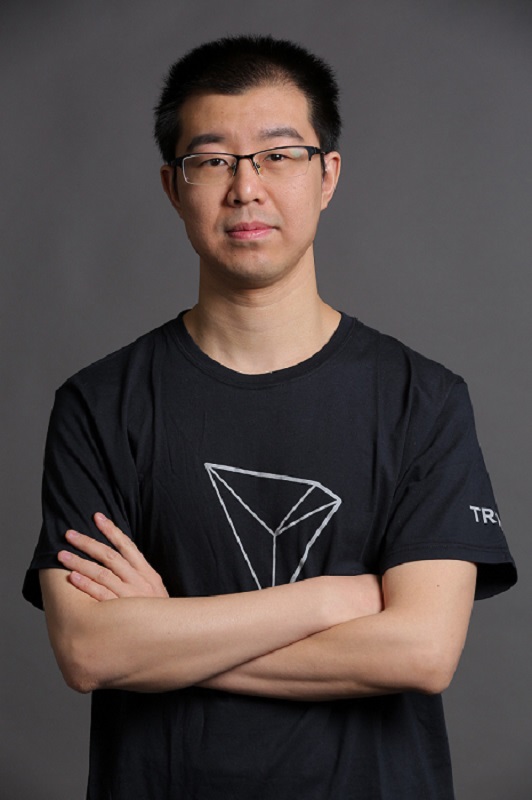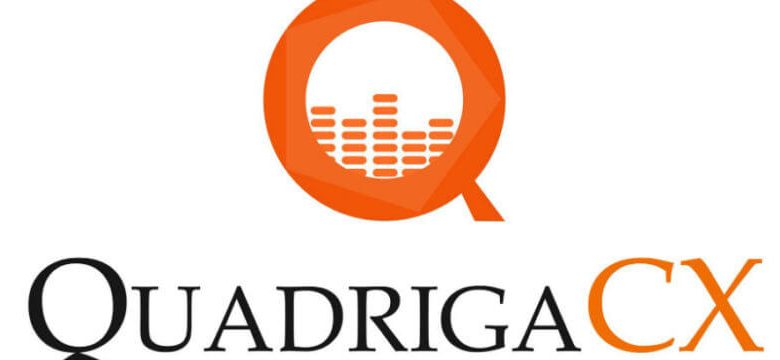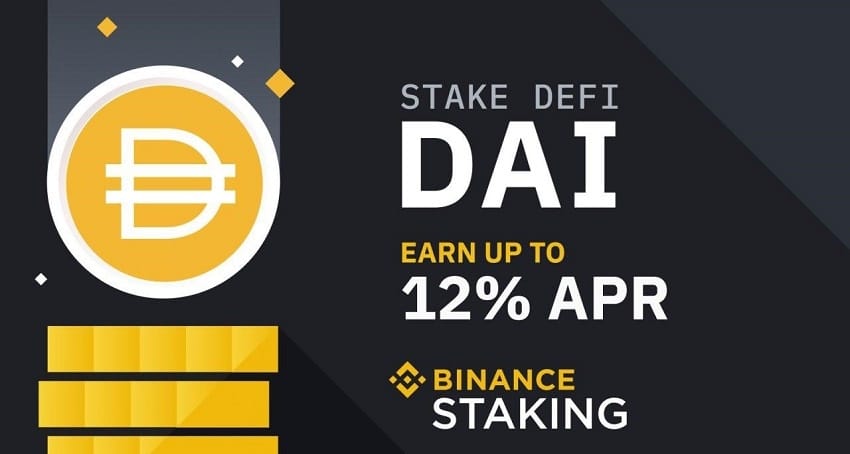Is the new Binance Dex exchange really decentralized?
Is the new Binance Dex exchange really decentralized?
Well, no!
It is the CEO of Binance himself, “CZ” Changpeng Zhao, who says it.
In the interviews he gives and in a blog post he wrote, he says he prefers less decentralization to ensure better service to the public, to make it more attractive and popular.
Binance recently opened its new decentralized crypto exchange, Binance Dex.
A decentralized crypto exchange like Idex for example, is supposed to allow the users to remain in control of their private keys and thus to remain the only owner of their cryptocurrency on the decentralized exchange.
On a centralized crypto exchange, you lose the ownership of your private keys, it means that you are no longer the owner of your cryptos but the centralized crypto exchange takes control of them.
In fact, if you send Bitcoin on a centralized crypto exchange, these Bitcoins integrate the wallet of the crypto exchange and are therefore part of their cryptocurrency and no longer yours.
A bit like a bank in fact when you deposit your money in your bank account, the money integrates the funds of the bank.
In return, the bank is indebted to you for returning the amount you deposited.
A decentralized crypto exchange is basically the same thing, Binance for example, must give you back the number of Bitcoins you have deposited in their exchange.
As long as Bitcoins remain on Binance, Binance controls your Bitcoins and actually owns them.
The decentralized crytpo exchanges are supposed to solve this problem by allowing to deposit your cryptocurrency to do trading, to sell them, to buy others, etc…, while remaining owner of your cryptos by keeping the hand on your private keys, which are actually the passwords giving access to these cryptocurrencies.
One problem that decentralized crypto exchanges encounter is their interface and design that can be repulsive to use.
The other problem is the lack of volume that does not always allow you to sell or buy the cryptos that you want for a certain amount.
Changpeng Zhao, CEO Binance, has repeatedly expressed his views on decentralization, stressing that it is not that safer than centralized solutions.
He also said: “There is no absolute decentralization”.
As a result, a decentralized crypto exchange differs in a non-custodial exchange, but it goes further in that orders are compared to the blockchain and not to the exchange.
Earlier this month, Bitcoinist presented an AMA with the CEO of Binance, in which he explained that initially, the number of network consensus validators on the Binance DEX exchange would be reduced, starting with by 11 validating nodes.
Zhao explained that when setting up the decentralized crypto exchange, they would try to select the nodes via their close partners.
He also said that Binance would have a lot of influence on the network, saying that the solution would be “more centralized” compared to other networks.
Basically, you understand what the CEO of Binance means, Binance Dex will be largely controlled by Binance itself!
The validating nodes of Binance Dex will be controlled by themselves and not by external persons.
Binance explains its vision of centralization for supposedly providing better service to customers but it is no longer a decentralized crypto exchange if a single entity controls the system itself…
For his part, Zhao also said that Binance DEX will charge “nearly $100,000” for the creation of new crypto currency listings to reduce the number of “spam or scam projects”.
This is very expensive to get listed on a crypto exchange in a long crypto bear market like this where crypto projects try to survive.
We will see if this new crypto exchange Binance Dex which is not really decentralized in the end will attract many customers.
How many crypto projects will accept or have the money to be listed on this new crypto exchange Binance Dex.
The future will tell, in the meantime, if you want to use a real decentralized crypto exchange, there are some serious ones like Bitshares, Idex, Waves.








